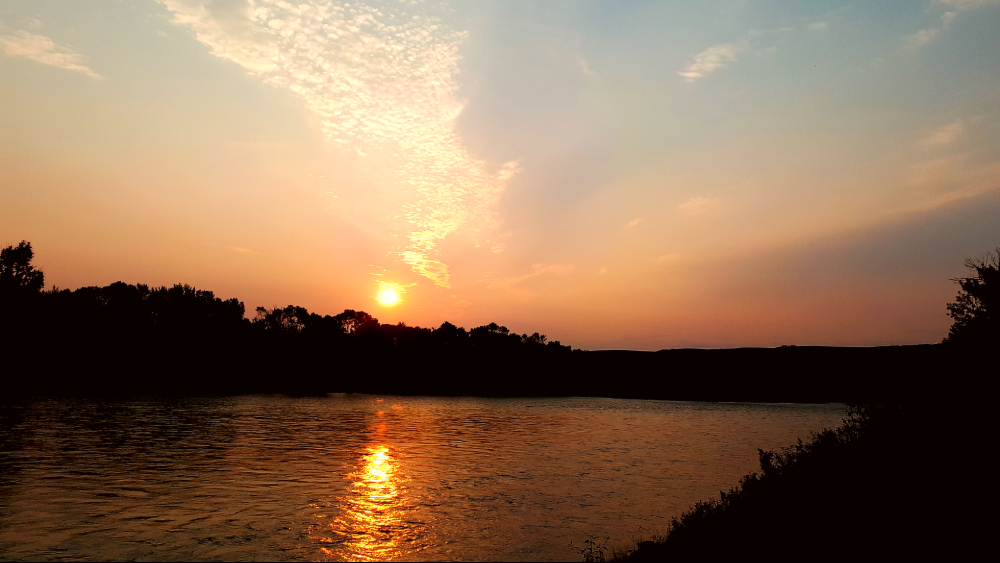There are 31 water shortage advisories in effect in Alberta, as of Aug. 20.
According to Living Lakes Canada, which is a charitable water stewardship NGO with over 20 years of experience working to protect freshwater, water security is still a pressing concern for Albertans, even though parts of Alberta has received above normal summer rain.
While parts of southern Alberta have received higher than normal rainfall this summer, Living Lakes Canada (LLC) says that for the Oldman watershed, forecasts range from average to far below average water supply.
"And years of severe drought have heightened these concerns," LLC stated in a media release.
Through some recent community meetings and a public survey that's focused on groundwater, LLC says that southern Albertans voiced their priorities around the understanding and protection of this freshwater source.
Living Lakes Canada and the Oldman Watershed Council are co-leading the Alberta Groundwater Program, in collaboration with the Piikani Nation Lands Department, which aims to build a community-based monitoring network, which will strengthen groundwater management, as well as supporting sustainable water use.
This program will blend western science along with local knowledge, both Indigenous and non-Indigenous, to identify the locations that should get priority monitoring.
Last spring, there were three public meetings held, with them happening in Pincher Creek, Lethbridge, and online, which were complemented by an online survey to help gather input on the issue.
Through the program, they also connected with the Piikani Nation community, to help learn more about local priorities and concerns.
Because of the scope of the public engagement, LLC says the participants represent a range of backgrounds and sectors, including educators, non-profit workers, agriculture, Indigenous leaders, local government, and more.
"The feedback revealed strong, region-wide concern about groundwater. More than 70 per cent of survey respondents said they are 'very concerned' about groundwater in Alberta, and a combined 97 per cent said improving understanding of groundwater is either 'very important' or 'important,'" the LLC explained in the media release.
The top concerns from the meetings and survey included access to drinking water, contamination risks from industry (such as oil, gas, mining), water use for livestock and irrigation, and ecosystem health.
Through the survey, one of the participants expressed concern about water levels in the area.
"We are in a drought cycle. There is very little snowpack in the mountains to recharge the groundwater, possibly affecting our only water source. As a primary producer, water is essential for our animals, household and gardens," the participant explained.
While at the meetings, participants were asked to mark locations of concern on maps that show watersheds, and the areas of concern include Crowsnest Pass, Lethbridge, Pincher Creek, as well as Stavely, Vulcan, Cardston, and Twin Butte.
Through these meetings, another participant expressed that their community has minimal information on their groundwater availability, which would support the community's long-term needs.
Now that they have received input from the public engagement they conducted, LLC and the Oldman Watershed Council are creating a shortlist of monitoring well sites, which will use community-identified priorities and scientific criteria.
That includes information from the aquifer vulnerability assessment and data gap analysis.
The final sites will be selected either late this summer or early autumn, and the launch of monitoring and community workshops will follow.
To read the full report form the Oldman Watershed and Living Lakes Canada, click here.
